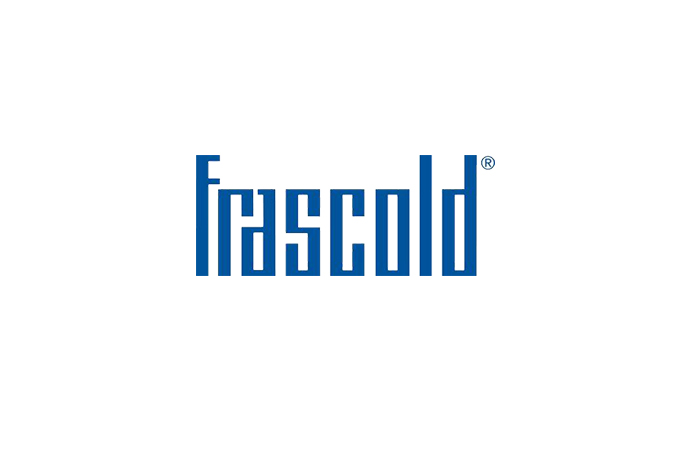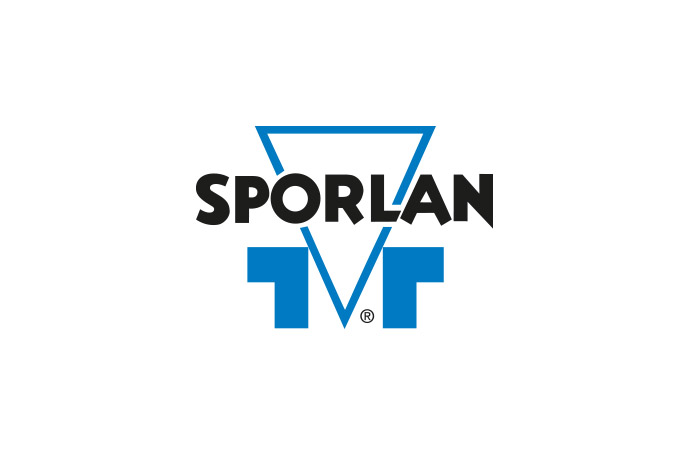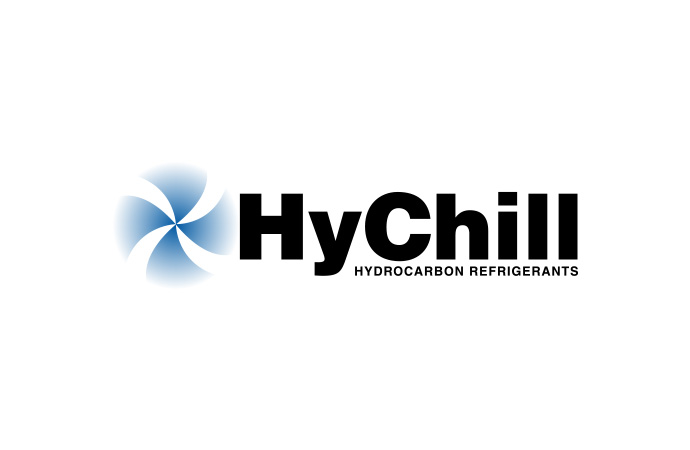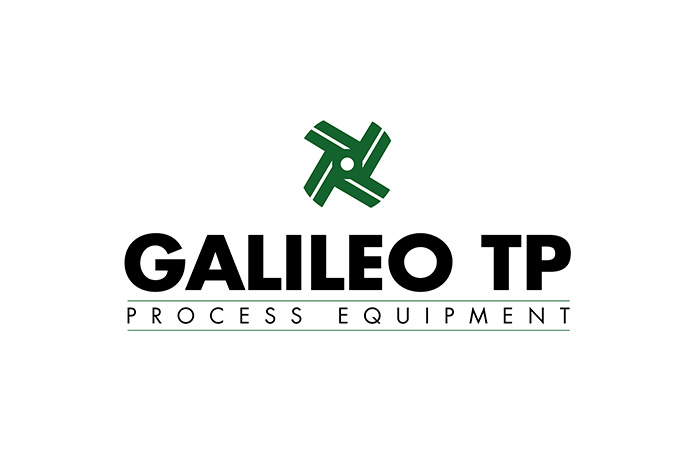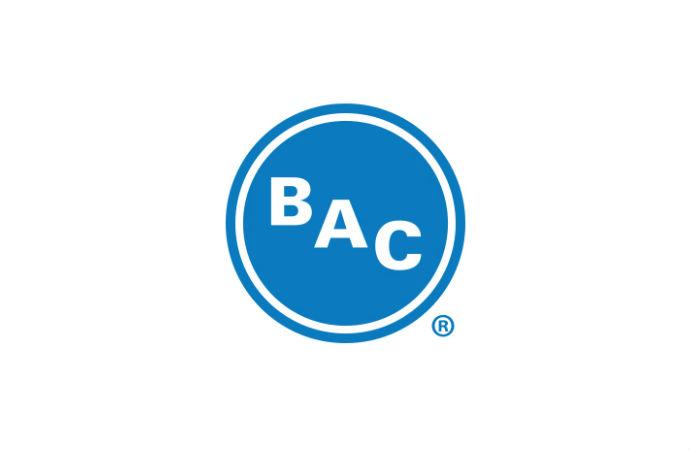In the latest technical seminar organised by the Federation of European Heating, Ventilation and Air Conditioning Associations (REHVA), the chair of CEN Technical Committee 350 (CEN/TC 350) updated participants on the development of European standards for the assessment of environmental, social and economic sustainability of buildings.

Some 50 participants gathered in Brussels, Belgium for REHVA’s latest technical seminar titled ‘Buildings and HVAC-Products Related to the EU Energy Efficiency Regulations’.
A harmonised methodology for assessing environmental, social and economic performance of buildings
Ari Ilomäki, chair of CEN/TC 350 - Sustainability of construction works, presented the Technical Committee’s work on standards that are generally applicable (horizontal) and relevant for the assessment of integrated performance of buildings over the life cycle. The building life cycle and system boundary defined in CEN/TC350 encompasses the stage before the use of the building, the use stage, the end of life stage but also the reuse, recovery and recycling potential of the construction.
The standards aim to describe a harmonised methodology for assessment of environmental performance of buildings and life cycle cost performance of buildings as well as the quantifiable performance aspects of health and comfort of buildings.
Standards regarding environmental performance
As far as the assessment of the environmental performance of buildings is concerned, the presenter provided an overview of standards that have been developed at three levels:
He also discussed the standards developed for the assessment of the social and economic performance that correspond to the same three levels.
Environmental indicators by CEN/TC350
The presenter also gave an overview of the standardised environmental indicators used by CEN/TC350:
A) Indicators for environmental impacts:
1. Global warming potential
2. Destruction of the stratospheric ozone layer
3. Acidification of land and water resources
4. Eutrophication
5. Formation of ground level ozone
6. Abiotic depletion potential (fossil fuels)
7. Abiotic depletion potential (elements)
B) Indicators for use of resources:
8. Use of non-renewable primary energy (process energy)
9. Use of renewable primary energy (process energy)
10. Use of non-renewable primary energy resources used as raw materials
11. Use of renewable primary energy resources used as raw materials
12. Use of secondary materials
13. Use of non-renewable secondary fuels
14. Use of renewable secondary fuels
15. Net use of freshwater resources
C) Indicators for other environmental information:
16. Components for re-use
17. Materials for recycling
18. Materials for energy recovery
19. Non-hazardous waste to disposal
20. Hazardous waste to disposal
21. Radioactive waste to disposal
22. Exported energy
About CEN/TC 350
In 2004 the Standardisation Mandate M/350 instructed the European Committee for Standardisation (CEN) to develop horizontal standardised methods for the assessment of the integrated environmental performance of buildings. The work has been allocated to CEN/TC 350, which is thus responsible for the development of voluntary horizontal standardised methods for the assessment of the sustainability aspects of new and existing construction works and for standards for the environmental product declaration of construction products.
About REHVA
REHVA is a professional organisation in Europe, dedicated to the improvement of health, comfort and energy efficiency in all buildings and communities. It encourages the development and application of both energy conservation and renewable energy sources.
A harmonised methodology for assessing environmental, social and economic performance of buildings
Ari Ilomäki, chair of CEN/TC 350 - Sustainability of construction works, presented the Technical Committee’s work on standards that are generally applicable (horizontal) and relevant for the assessment of integrated performance of buildings over the life cycle. The building life cycle and system boundary defined in CEN/TC350 encompasses the stage before the use of the building, the use stage, the end of life stage but also the reuse, recovery and recycling potential of the construction.
The standards aim to describe a harmonised methodology for assessment of environmental performance of buildings and life cycle cost performance of buildings as well as the quantifiable performance aspects of health and comfort of buildings.
Standards regarding environmental performance
As far as the assessment of the environmental performance of buildings is concerned, the presenter provided an overview of standards that have been developed at three levels:
- Framework level: EN 15643-2 2011 ‘Sustainability of construction works - Assessment of buildings - Part 2: Framework for the assessment of environmental performance’
- Building level: EN 15978 2011 ‘Sustainability of construction works. Assessment of environmental performance of buildings. Calculation method’
- Product level (environmental product declarations): These include: 1. EN 15804:2012 ‘Sustainability of construction works. Environmental product declarations. Core rules for the product category of construction products’; 2. EN 15942 2012-01 ‘Sustainability Of Construction Works - Environmental Product Declarations - Communication Format Business-to-business’; and 3. CEN/TR 15941:2010 ‘Sustainability of construction works. Environmental product declarations. Methodology for selection and use of generic data’
He also discussed the standards developed for the assessment of the social and economic performance that correspond to the same three levels.
Environmental indicators by CEN/TC350
The presenter also gave an overview of the standardised environmental indicators used by CEN/TC350:
A) Indicators for environmental impacts:
1. Global warming potential
2. Destruction of the stratospheric ozone layer
3. Acidification of land and water resources
4. Eutrophication
5. Formation of ground level ozone
6. Abiotic depletion potential (fossil fuels)
7. Abiotic depletion potential (elements)
B) Indicators for use of resources:
8. Use of non-renewable primary energy (process energy)
9. Use of renewable primary energy (process energy)
10. Use of non-renewable primary energy resources used as raw materials
11. Use of renewable primary energy resources used as raw materials
12. Use of secondary materials
13. Use of non-renewable secondary fuels
14. Use of renewable secondary fuels
15. Net use of freshwater resources
C) Indicators for other environmental information:
16. Components for re-use
17. Materials for recycling
18. Materials for energy recovery
19. Non-hazardous waste to disposal
20. Hazardous waste to disposal
21. Radioactive waste to disposal
22. Exported energy
About CEN/TC 350
In 2004 the Standardisation Mandate M/350 instructed the European Committee for Standardisation (CEN) to develop horizontal standardised methods for the assessment of the integrated environmental performance of buildings. The work has been allocated to CEN/TC 350, which is thus responsible for the development of voluntary horizontal standardised methods for the assessment of the sustainability aspects of new and existing construction works and for standards for the environmental product declaration of construction products.
About REHVA
REHVA is a professional organisation in Europe, dedicated to the improvement of health, comfort and energy efficiency in all buildings and communities. It encourages the development and application of both energy conservation and renewable energy sources.
MORE INFORMATION
Related stories





